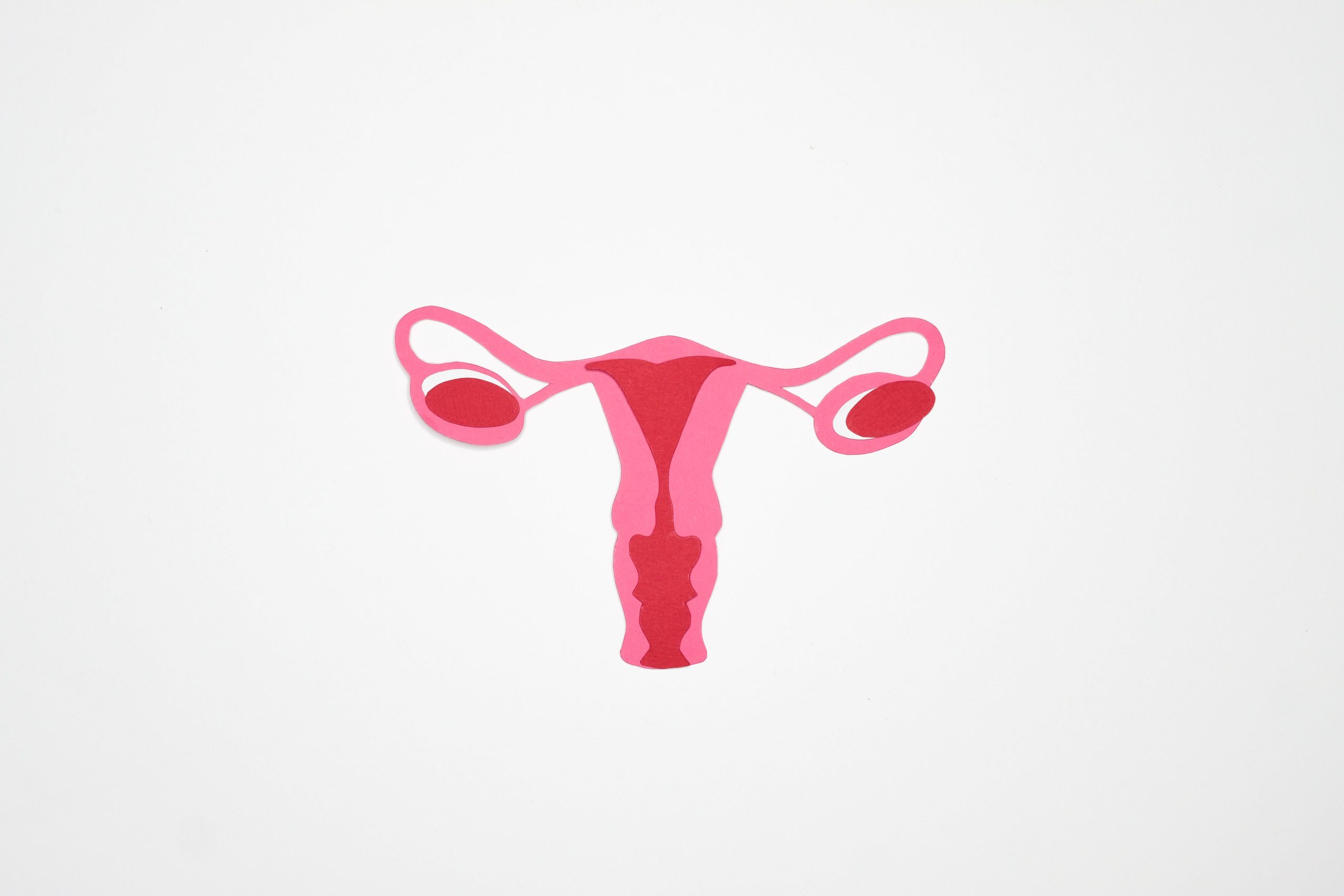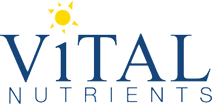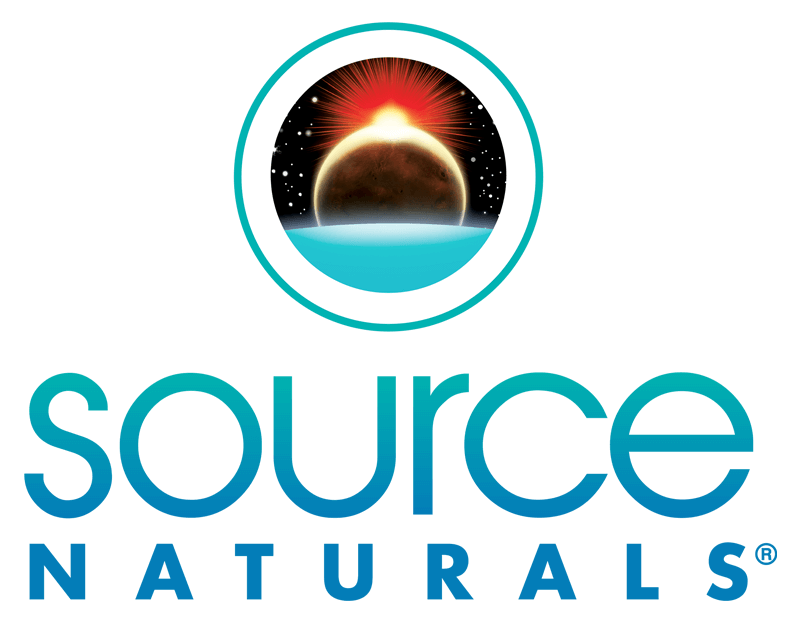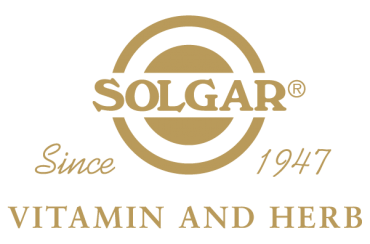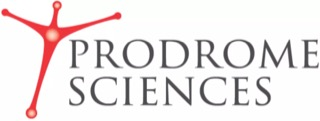Polycystic Ovary Syndrome (PCOS)
and the Role of Vitamins/Supplements in Management
Polycystic Ovary Syndrome (PCOS) is a common endocrine disorder affecting individuals assigned female at birth, characterized by hormonal imbalances, irregular menstrual cycles, and the presence of small, fluid-filled sacs (cysts) on the ovaries. PCOS is a multifaceted condition with a range of symptoms that may include fertility issues, insulin resistance, acne, and excess hair growth. While there is no cure for PCOS, various lifestyle modifications, including a balanced diet and regular exercise, are recommended. In recent years, research has explored the potential benefits of certain vitamins and supplements in managing PCOS symptoms. This comprehensive exploration delves into the intricacies of PCOS and investigates the roles that specific vitamins and supplements may play in its management.
Understanding PCOS: PCOS is a complex syndrome with heterogeneous manifestations, making its diagnosis challenging. The three main features commonly associated with PCOS are:
- Irregular Menstrual Cycles: Women with PCOS often experience irregular or infrequent menstrual cycles, which can contribute to difficulties in conceiving.
- Hyperandrogenism: Elevated levels of androgens, often referred to as male hormones, can lead to symptoms such as acne, hirsutism (excess hair growth in areas where men typically grow hair), and male-pattern baldness.
- Ovulatory Dysfunction: Anovulation, or the lack of regular ovulation, is a hallmark feature of PCOS, contributing to fertility challenges.
Additionally, individuals with PCOS may have insulin resistance, where the body’s cells do not respond effectively to insulin, leading to increased insulin production.
Role of Vitamins and Supplements in PCOS Management: While lifestyle modifications, including a healthy diet and regular exercise, are foundational in managing PCOS, certain vitamins and supplements have gained attention for their potential role in addressing specific aspects of the syndrome.
- Inositol (Myo-Inositol and D-Chiro-Inositol):
- Mechanism: Inositol is a naturally occurring compound that plays a role in insulin signaling. Research suggests that the combination of myo-inositol and D-chiro-inositol may improve insulin sensitivity, regulate menstrual cycles, and support ovulation.
- Benefits: Reduction of insulin resistance, improved ovarian function, and menstrual cycle regulation.
- Vitamin D:
- Mechanism: Vitamin D is essential for overall health, and deficiencies have been associated with insulin resistance and metabolic disturbances. Adequate vitamin D levels may help regulate menstrual cycles and support reproductive health.
- Benefits: Improved insulin sensitivity, regulation of menstrual cycles, and potential support for fertility.
- Omega-3 Fatty Acids:
- Mechanism: Omega-3 fatty acids, particularly EPA and DHA found in fish oil, have anti-inflammatory properties. Inflammation is associated with PCOS, and omega-3 fatty acids may help mitigate inflammation.
- Benefits: Reduction of inflammation, potential improvement in lipid profiles.
- Chromium:
- Mechanism: Chromium is a trace element that may enhance insulin sensitivity and assist in glucose metabolism.
- Benefits: Improved insulin action and potential support for glucose control.
- N-Acetylcysteine (NAC):
- Mechanism: NAC is an antioxidant that may help reduce oxidative stress, which is elevated in individuals with PCOS. It may also contribute to improving insulin sensitivity.
- Benefits: Reduction in oxidative stress, potential improvement in insulin resistance.
- Coenzyme Q10 (CoQ10):
- Mechanism: CoQ10 is involved in cellular energy production. Some studies suggest that CoQ10 supplementation may have a positive impact on insulin sensitivity and oxidative stress.
- Benefits: Potential support for insulin sensitivity and reduction of oxidative stress.
- B Vitamins (B6, B12, Folate):
- Mechanism: B vitamins play a crucial role in energy metabolism and may be involved in hormonal regulation. Vitamin B12, in particular, is associated with insulin sensitivity.
- Benefits: Support for energy metabolism, potential improvement in insulin sensitivity.
- Zinc:
- Mechanism: Zinc is involved in insulin storage and secretion. Adequate zinc levels may contribute to improved insulin sensitivity.
- Benefits: Potential support for insulin function.
- L-Carnitine:
- Mechanism: L-Carnitine is involved in the transport of fatty acids into cells for energy production. Some studies suggest that L-Carnitine supplementation may have positive effects on insulin sensitivity.
- Benefits: Potential support for insulin action.
- Probiotics:
- Mechanism: Probiotics contribute to gut health and may play a role in metabolic regulation and inflammation reduction.
- Benefits: Improved gut health, potential modulation of metabolic factors.
Important Considerations:
- Individual Variation: Responses to vitamins and supplements can vary among individuals. It’s crucial to consult with healthcare providers to determine individual needs and potential interactions with other medications.
- Holistic Approach: While supplements may play a role, they should complement, not replace, a balanced diet, regular exercise, and overall lifestyle modifications recommended for managing PCOS.
- Professional Guidance: Healthcare providers, particularly those with expertise in reproductive endocrinology and PCOS, should guide the use of vitamins and supplements, ensuring personalized and evidence-based recommendations.
Conclusion: The management of PCOS requires a comprehensive approach that addresses the diverse aspects of the syndrome. While lifestyle modifications remain fundamental, certain vitamins and supplements have shown promise in supporting specific aspects of PCOS, such as insulin sensitivity, menstrual cycle regulation, and inflammation reduction. As research in this field evolves, ongoing collaboration with healthcare providers is essential to tailor interventions to individual needs and ensure a holistic and evidence-based approach to PCOS management.
We hope you found the information provided by Thera-Mineral valuable and insightful. At Thera-Mineral, we are dedicated to offering high-quality supplements to support your health and well-being.
If you have any further questions, need additional information, or would like to explore our range of supplements, please don’t hesitate to reach out. You can contact us at our office located at 25216 Grogan’s Park Dr. Suite A, The Woodlands, TX 77380. Our friendly team is ready to assist you by phone at 855-472-2569 or via email at support@theramineral.com.
For your convenience, most supplements are available on our website, theramineral.com. However, if you don’t find a specific product on the site, our dedicated staff can help you place an order, and we’ll ensure it’s delivered to your place of choice.
We appreciate your trust in Thera-Mineral, and we look forward to being a reliable partner on your journey to optimal health. Thank you again for being part of our community!


